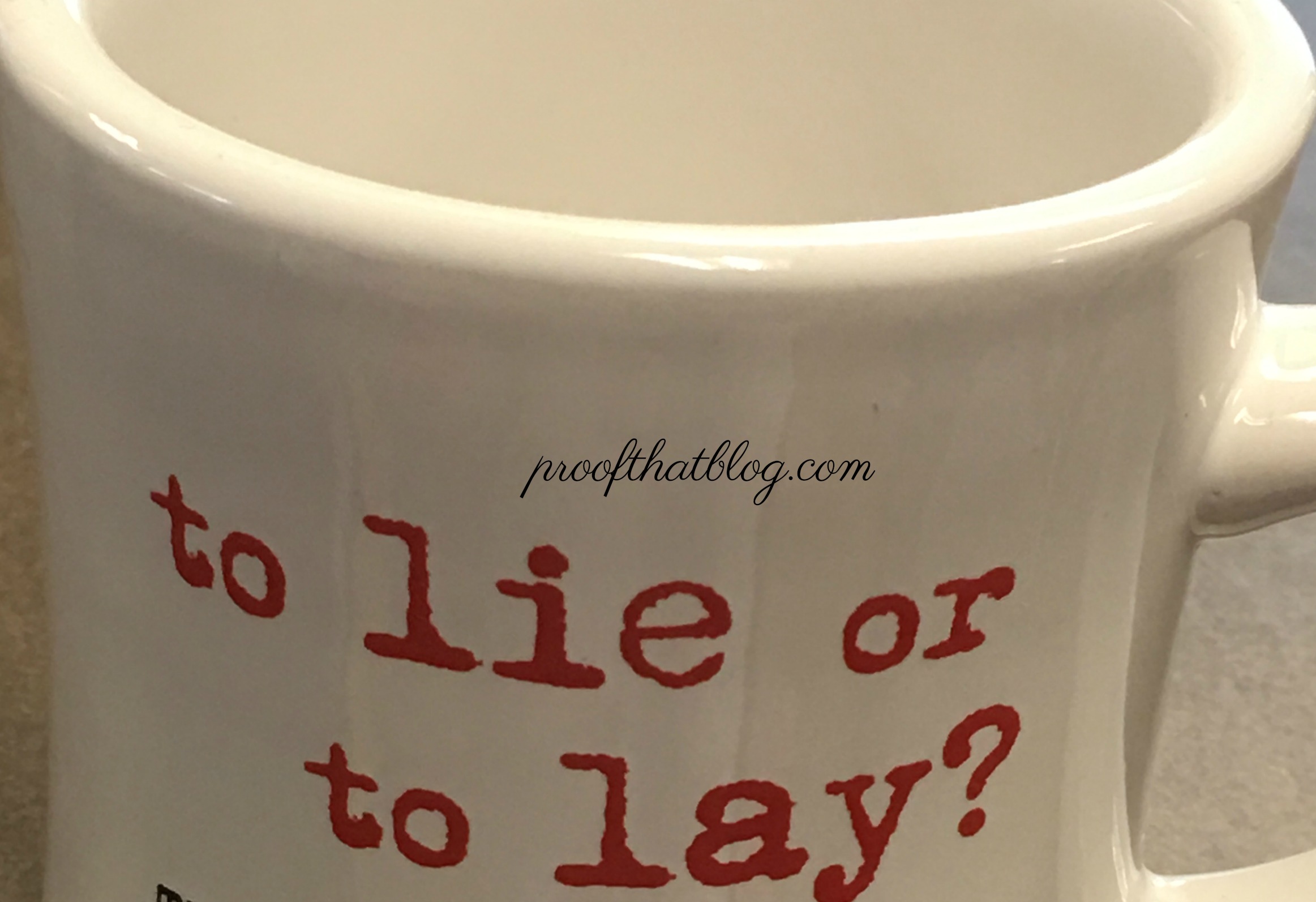 It’s time for “Confusing Words of the Week” where I take a set of two or three words that get confused and give you definitions and try to give you a memory trick to help you remember when to use which word. If you have words that confuse you, use the Ask PTB tab on the website or send an email to [email protected] and they may appear here soon!
It’s time for “Confusing Words of the Week” where I take a set of two or three words that get confused and give you definitions and try to give you a memory trick to help you remember when to use which word. If you have words that confuse you, use the Ask PTB tab on the website or send an email to [email protected] and they may appear here soon!
This week’s words were part of yesterday’s Grammar Giggle. They are:
Passed – moved along; transferred (past tense of past)
He passed along his notes from the seminar to Jean.
Past – time gone by
In the past, our televisions had five channels.
Memory tips:
Passed – Think of the “ss” as tracks where you are moving something along
Past – Think of “ast” as like “aft”er as in something that has already happened.


 Follow
Follow
 So is it “attorney’s fees” or “attorneys’ fees”? I see it both ways in all kinds of documents. According to Bryan Garner, it seems that “attorney’s fees” is used most frequently, but that “attorneys’ fees” is acceptable in cases where more than one attorney is charging fees for services. Some people use “attorney fees” to avoid making decision altogether.
So is it “attorney’s fees” or “attorneys’ fees”? I see it both ways in all kinds of documents. According to Bryan Garner, it seems that “attorney’s fees” is used most frequently, but that “attorneys’ fees” is acceptable in cases where more than one attorney is charging fees for services. Some people use “attorney fees” to avoid making decision altogether.